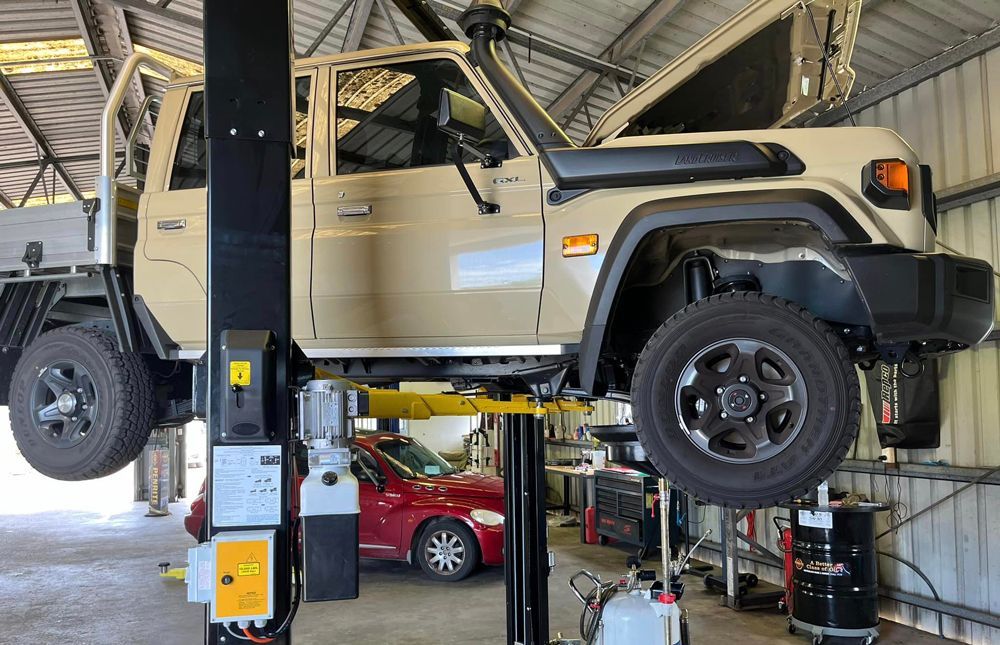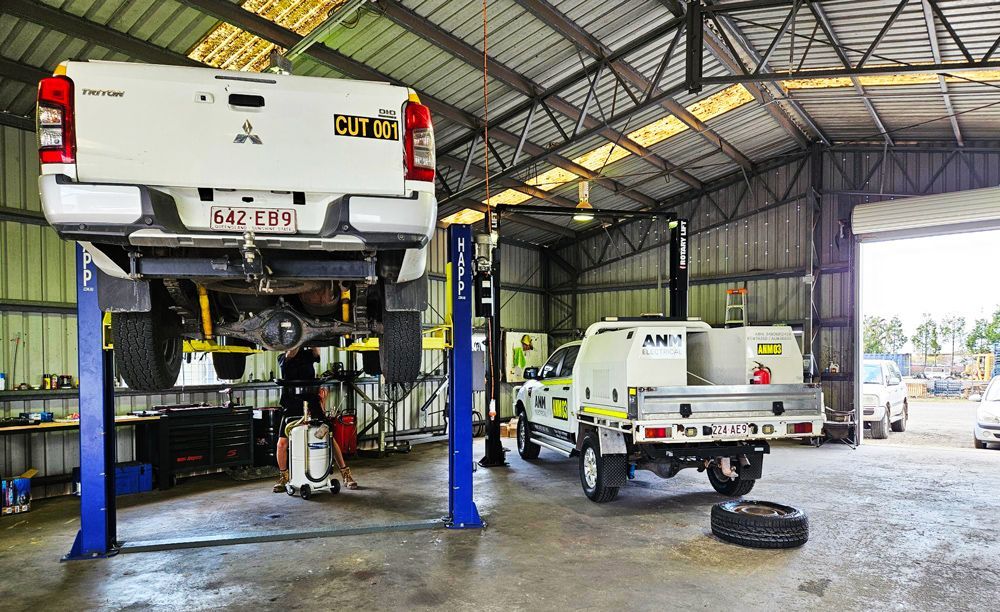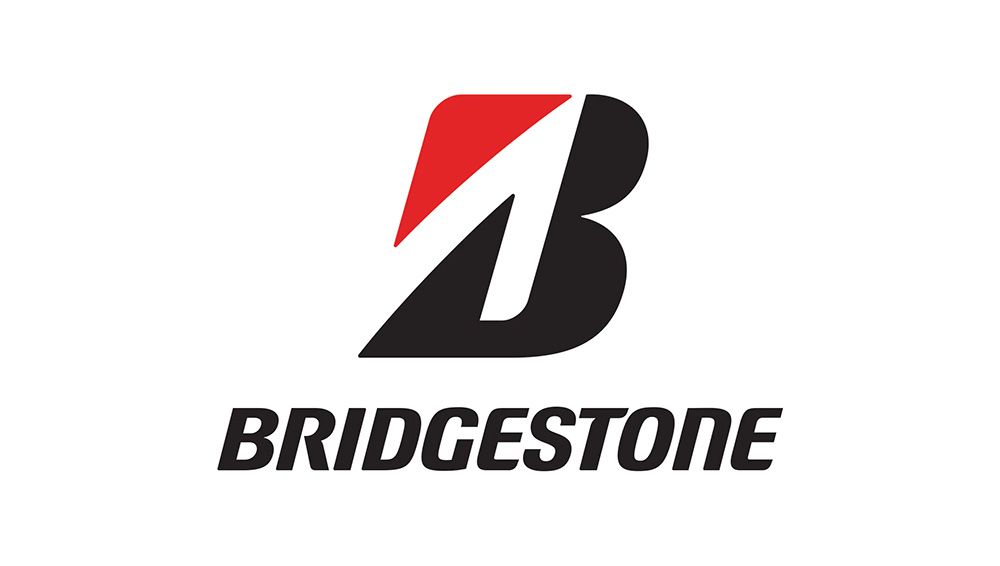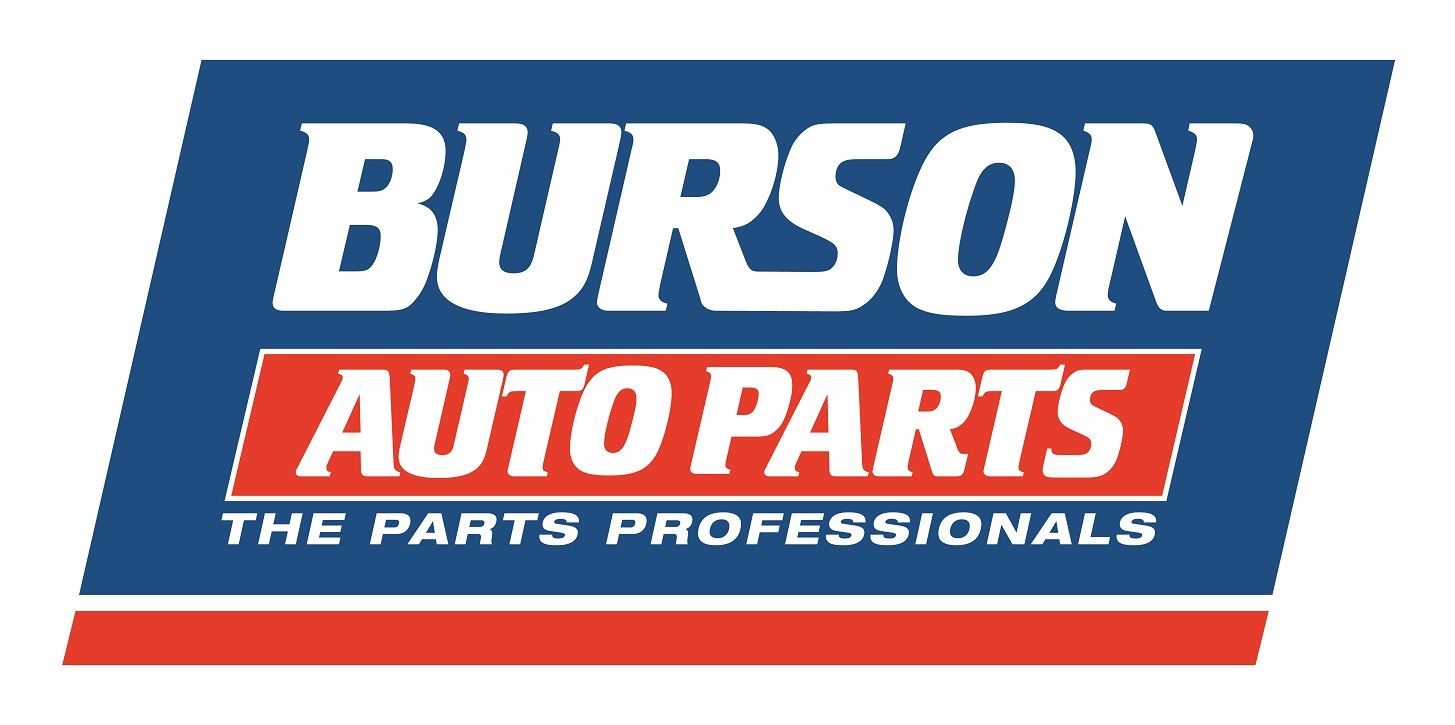9 Services Mechanics Provide to Increase Vehicle Longevity
Maintaining a vehicle's longevity is essential for any car owner, whether they’re after reliability for daily commuting or an investment that retains value over time. Expert mechanics offer various services that can help achieve this goal, ensuring that cars operate smoothly, perform efficiently and withstand the test of time. Understanding the critical services offered by mechanics is the first step in preserving your vehicle for years to come.
According to a study by the Zebra, an average vehicle is designed to last around 14 years. However, with diligent maintenance and care, many vehicles can outlast this average, providing extended use and saving on the cost of replacement. Here, we explore the essential services mechanics provide to help extend vehicle lifespan and ensure your car remains dependable.
1. Regular Oil Changes
One of the simplest yet most important services provided by mechanics is the regular oil change. Engine oil lubricates the engine's moving parts, reducing friction and preventing overheating. Over time, however, oil can become contaminated with dirt and debris, reducing its effectiveness. Mechanics recommend changing the oil every few thousand kilometres, depending on the vehicle and driving conditions, to ensure it remains clean and effective.
Regular oil changes also help to reduce engine wear and tear, which can prolong the engine's life. Mechanics have the expertise to identify the best type of oil for each vehicle, ensuring optimal performance and longevity. Additionally, many mechanics also inspect oil filters during an oil change, replacing them as necessary to maintain proper engine function. By following a routine oil change schedule, car owners can significantly enhance their vehicle’s longevity.
2. Brake Inspections and Maintenance
Brakes are an essential safety feature, and maintaining them is critical not only for safety but also for the vehicle’s longevity. Mechanics perform regular brake inspections to check for worn pads, damaged rotors and other potential issues. If these components are not replaced or repaired on time, they can lead to more severe damage to the braking system.
Regular brake maintenance, including pad and rotor replacement, helps ensure smooth and safe operation while also preventing more costly repairs. Mechanics may also check brake fluid levels and recommend a brake fluid flush when necessary to keep the brake system functioning optimally. By keeping the brake system in top shape, mechanics can help prolong the life of the vehicle’s essential components, contributing to a longer vehicle lifespan.
3. Battery Checks and Replacement
The battery plays a crucial role in powering the electrical systems of a vehicle. Mechanics perform routine checks to monitor battery life, ensuring it is charging correctly and holding sufficient power. Extreme weather conditions, age and usage patterns can all impact a battery’s longevity, and early detection of any issues can help prevent unexpected breakdowns.
In addition to checking the battery's charge, mechanics also inspect the terminals for corrosion and ensure all connections are tight. If the battery is weak or showing signs of wear, mechanics will recommend a replacement before it fails entirely. This preventive measure not only helps avoid inconvenient breakdowns but also protects the vehicle’s electrical systems, promoting longevity and consistent performance.
4. Tyre Rotation and Alignment
Tyres play a significant role in vehicle longevity. Mechanics often recommend regular tyre rotations to ensure even wear, which can extend the life of the tyres. Additionally, wheel alignment services help to keep the vehicle’s suspension system balanced and tyres aligned, reducing uneven wear and enhancing safety.
Properly maintained tyres not only improve fuel efficiency but also reduce the strain on other vehicle components. By routinely rotating tyres and aligning wheels, mechanics help ensure that tyres and other parts of the vehicle wear evenly, contributing to an extended lifespan. Mechanics also perform tread depth checks and inspect the tyres for signs of damage or wear, advising on replacements when necessary to ensure safety and performance.
5. Exhaust System Checks
The exhaust system helps to remove harmful gases from the engine and reduce emissions. Over time, exhaust components can wear out, leading to leaks or decreased performance. Mechanics inspect the exhaust system for issues like leaks, rust and damaged components.
By keeping the exhaust system in good working order, mechanics help prevent further damage to the engine and improve fuel efficiency, which supports the vehicle’s longevity. Regular exhaust system maintenance also reduces emissions, making it beneficial for the environment as well. Mechanics may also check for proper catalytic converter function, as a malfunctioning converter can lead to increased emissions and poor engine performance.
6. Air Filter Replacement
The air filter prevents dirt and debris from entering the engine. When the air filter becomes clogged, it restricts airflow, which can reduce engine performance and fuel efficiency. Mechanics check the air filter during regular maintenance and replace it when necessary to keep the engine running smoothly.
A clean air filter allows the engine to breathe easier, improving efficiency and reducing wear. By regularly replacing the air filter, mechanics help to extend the life of the engine and maintain optimal vehicle performance. In some cases, mechanics may also suggest replacing cabin air filters to improve air quality within the vehicle, which can enhance the overall driving experience.
7. Suspension System Maintenance
The suspension system plays a significant role in providing a smooth ride and ensuring vehicle stability. Mechanics perform inspections and maintenance on shock absorbers, struts and other suspension components to prevent premature wear.
Maintaining the suspension system can enhance comfort, safety and vehicle control. By ensuring these components are in good condition, mechanics help prolong the life of the vehicle while providing a safer driving experience. Regular checks of the suspension system can also identify issues before they escalate, saving car owners from expensive repairs down the line.
8. Preventive Maintenance Inspections
Beyond individual services, mechanics often recommend comprehensive preventive maintenance inspections. These inspections typically include a thorough evaluation of all major systems in the vehicle, from the engine and transmission to the brakes and suspension. Regular inspections help identify potential issues before they become significant problems, allowing for timely repairs and replacements.
By staying proactive, car owners can significantly reduce the likelihood of unexpected breakdowns and costly repairs. Preventive maintenance is a cornerstone of vehicle longevity, and mechanics are equipped to provide these comprehensive checks, offering valuable insights and recommendations to car owners.
9. Keeping Detailed Service Records
Another essential aspect of vehicle longevity is keeping detailed service records. Mechanics often provide documentation of all maintenance performed on the vehicle, including dates, services completed and any parts replaced. This record can be invaluable for car owners, as it not only helps track maintenance schedules but also can increase the vehicle's resale value.
When it comes time to sell or trade in the vehicle, having a complete service history demonstrates that the vehicle has been well cared for, instilling confidence in potential buyers. Mechanics can assist in maintaining these records, ensuring that car owners have a comprehensive history of their vehicle’s maintenance.
Mechanics offer essential services that contribute significantly to vehicle longevity. By following a maintenance schedule and addressing issues early, car owners can extend their vehicle’s life well beyond the average. From oil changes and brake inspections to battery checks and comprehensive inspections, each service plays a vital role in maintaining the vehicle's performance and safety.
Being proactive about vehicle maintenance can save car owners money in the long run, reducing the risk of costly repairs and replacements. Therefore, it's crucial for car owners to establish a strong relationship with a trusted mechanic, ensuring that their vehicle receives the care it deserves. By prioritising regular maintenance and understanding the services
mechanics provide, car owners can enjoy a reliable and long-lasting vehicle for many years. Get in touch with KBX Elite Auto today to learn how we can help!





















